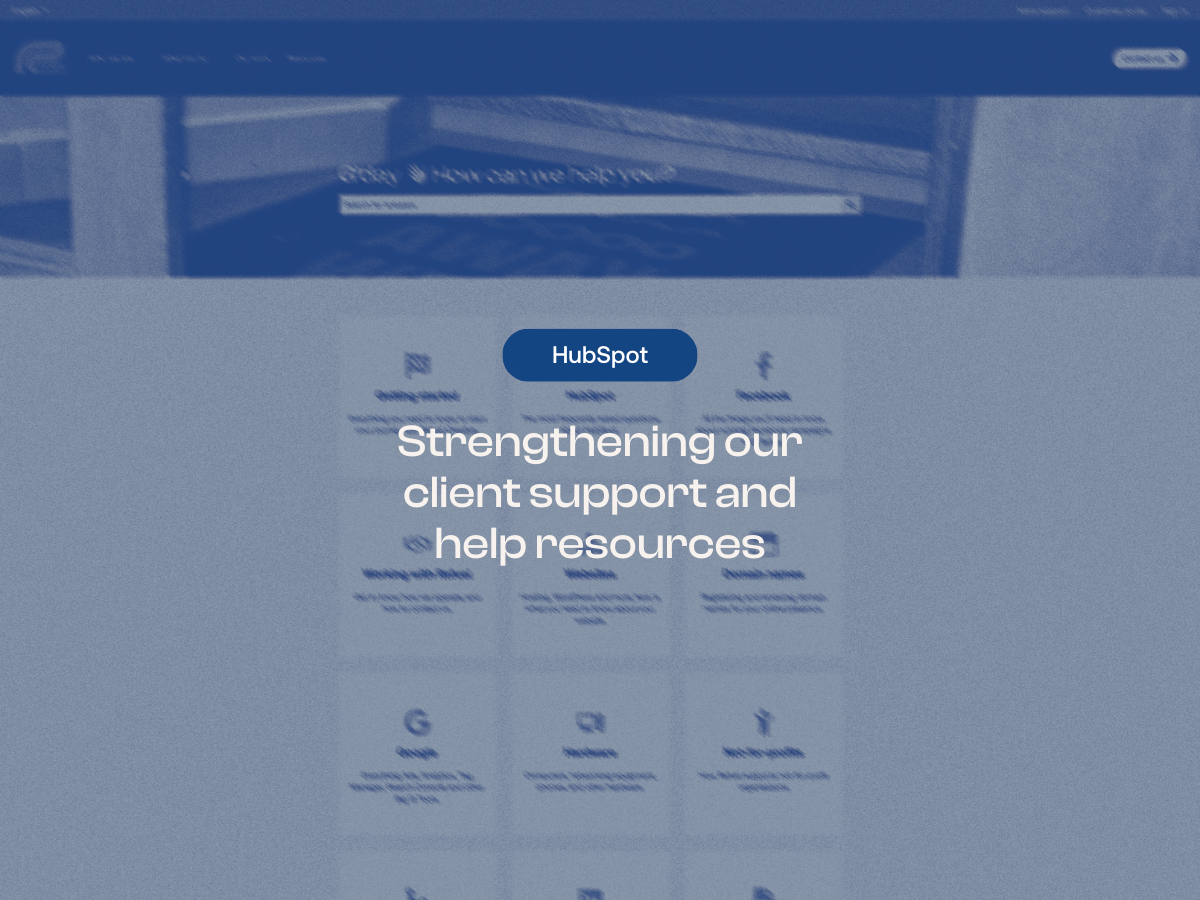What is Search Engine Optimisation?

Last updated: 15 February 2022
If you run a website, or your business has a website, you must have heard the phrase “search engine optimisation” at least a few times.
But what is it?
Essentially, Search Engine Optimization, SEO for short, is the art of optimising your website so it can appear as high as possible in the search results on Google, Bing and other search engines. We call these search results ‘organic search results’, as opposed to paid search, which is another name for Google Ads or Bing Ads. We want to work on improving search rankings.
It’s pretty obvious that appearing on the top page of organic search results for terms relevant to your business, would be a good thing. The higher you appear, the more visitors you should receive. Makes sense. When was the last time you scrolled through to page 6 of the search results to read an article?
So the higher you appear in the search results, the more visitors you should receive on your website. Who wouldn’t want more visitors on their site? But the notion of actually rising to the top of Google’s algorithms can also seem quite overwhelming, especially for small and medium-sized companies.
Here’s the good news: search engine optimisation is simpler than you think. Investing even a little time, money and energy into SEO efforts can have a tremendously positive effect on your organisation. And some of these tasks you can do yourself.
In the end, every search engine is looking to achieve the same thing: giving internet users the most useful, accurate and relevant results for their queries. They are trying to provide a quality user experience, just like you are to your customers.
By utilising certain strategies (i.e. keyword targeting, page speed, etc.) you can demonstrate to search engine algorithms that your site is a worthwhile resource for visitors.
As much as you can have a presence and brand authority on social media, you can have a presence and authority within search engine rankings. A site with excellent SEO has a better or higher chance of ranking more highly among searches in its field because the search engine has determined that site to be authoritative and relevant to the search.
Web pages that appear closer to the top of a result page also tend to have a better click through rate (CTR) than pages that appear lower in search engine rankings. In essence, the process of optimising websites according to a search engine algorithm can mean an increase in web traffic and conversions for your website.
What Goes Into SEO?
When beginning your SEO planning, it is important to understand what elements go into perfecting SEO practices. First to consider is how organic traffic impacts your business. Organic results are results that are directly correlated to how well you implement SEO, not how much money you spend on a marketing campaign. Organic results include traffic and sales generated specifically because of efforts to optimise a site, therefore making it more visible to potential new and returning clients.
Next is the quantity of traffic to your site. Learning SEO and implementing it on your site shows Google and other search engines that your site has information that will be useful and reliable within your given industry. Once a search engine is able to gauge this and rank your site more highly on results pages, more traffic will begin to come through your site.
Most importantly is the quality of traffic to your site. Traffic quality refers to relevant traffic to your site - traffic that converts into sales vs. traffic that does not result in sales.
It is all well and good to have your product seen by lots of people, but if those people aren’t spending money on your products and services, the traffic is in a sense useless. People clicking on your site should want to use your services.
The way to do this is to ensure you are using keywords that match search queries and to include quality content on your site that will show visitors what you have to offer, and why yours is the offer to take.
How SEO Works
Search Engine Optimisation works by making it easier for Google (and other search engines) to crawl and understand your site.
Google crawls sites for links, relevant words and relevant content then indexes that information. Once information is indexed, it can be called upon in a Google search providing people browsing the Internet with the best, more relevant and most reliable information.
Many factors go into ensuring Google and other search engines are able to understand your site and rank it highly in search engine results. Though the algorithms themselves are secret, enough experimentation and experience has gone into SEO to have a fairly solid idea of what it takes to improve rankings in Google’s algorithm.
Your site is scored based on factors like quality, relevance, reliability, trustworthiness and more. The sites that score the highest, based on those factors, will be shown highest in search engine results. This makes it more likely that your site will be seen, and chosen, by people on a targeted internet search and even people clicking through and browsing the web. By measuring these ranking factors, and working to improve upon them, you can have an effect on where your site ranks.
How To Do SEO
There are two main types of SEO to focus on, onsite SEO and offsite SEO. Onsite SEO involves the factors that can be controlled, by you, on your website. This includes elements like structure and formatting, the speed of your site and load times, number and quality of things like content, relevant information to your given industry and so on. This is the best place to begin your SEO journey, as most sites have concrete things that can be addressed in order to best optimise your search engine rankings.
Offsite SEO is more complicated and less under your control. Things like relevant link building and your relevance within a given industry or niche can influence your SEO rankings. These can be much more difficult to address.
Link building, in particular, can be the key to success in offsite SEO. This means a positive number of quality links to your site and within the networks of links across the Internet. When relevant sites link to your site your site builds authority and, every time Google crawls sites where you are linked, your SEO builds.
Creating quality content, such as blogs, that people want to read and share on social media, will help with your offsite SEO and link building.
Why Your Website Needs SEO
This one is simple: Your website needs SEO to build authority, increase revenue and make your business the best it can be. You have worked hard to build your business and making sure it looks good from every angle is vital. This means focusing on putting your business at the top of search engine result pages, which in turn helps your brand to build authority, recognisability, reliability and revenue.
If you aren't quite sure where to start on your SEO journey, Refuel Creative can help. Our expert team of marketing specialists have the tips, tricks and tools you need to ensure your business and its website grow.
Ask us to review your SEO on your free Exploratory Call today!






